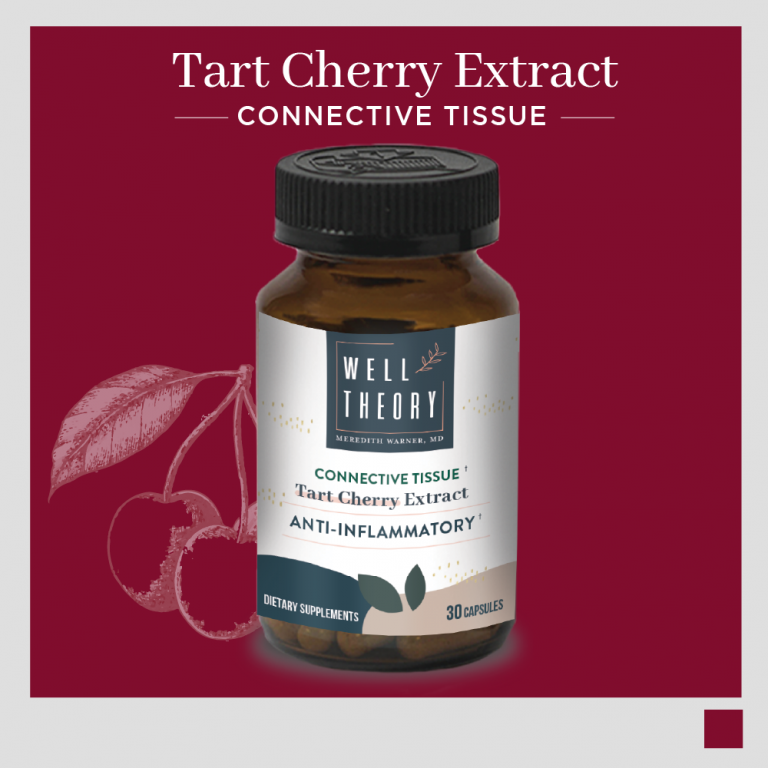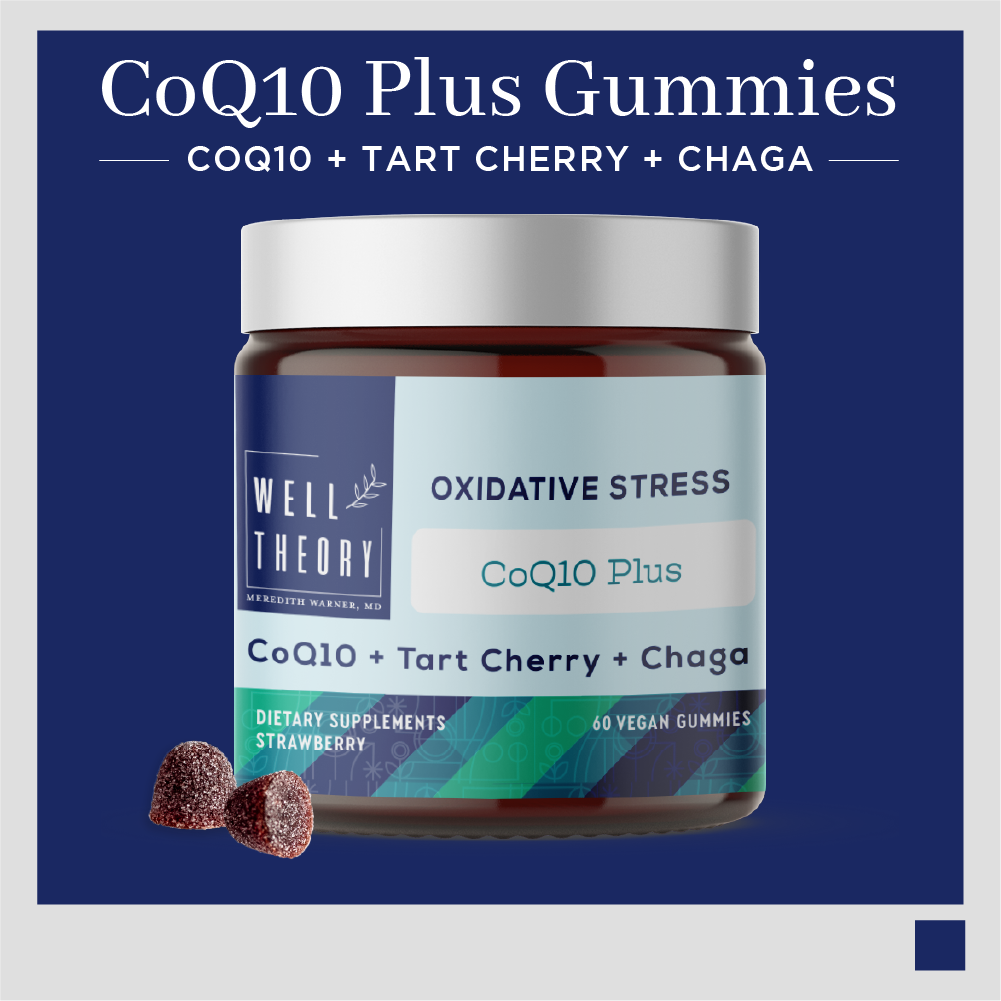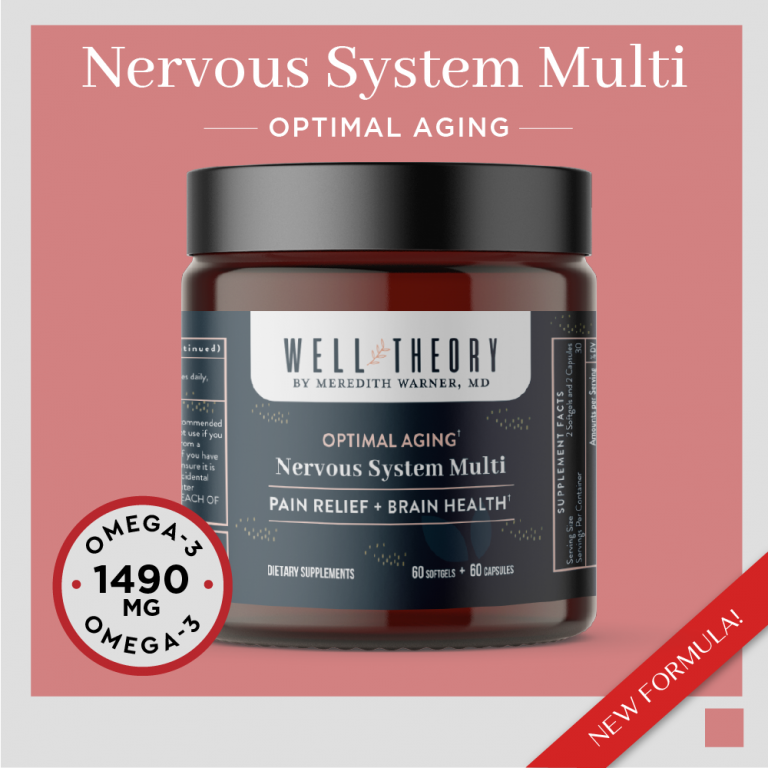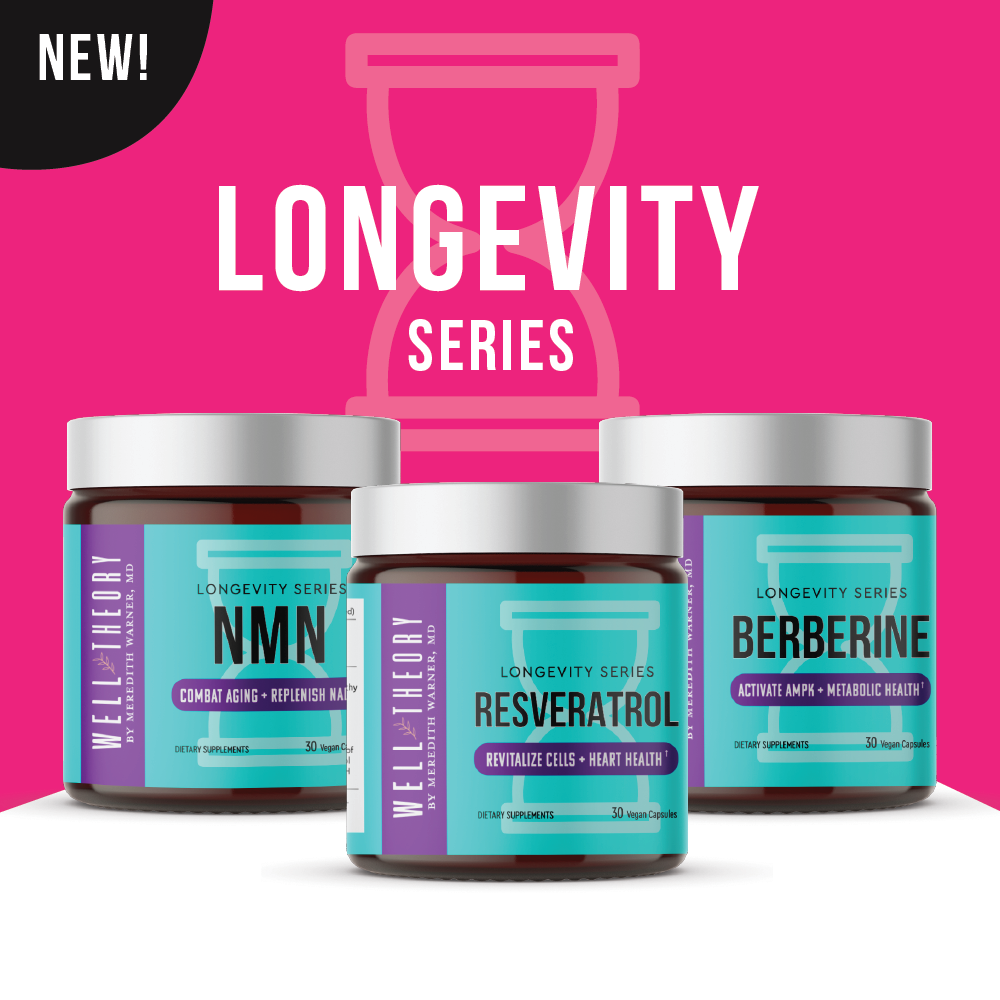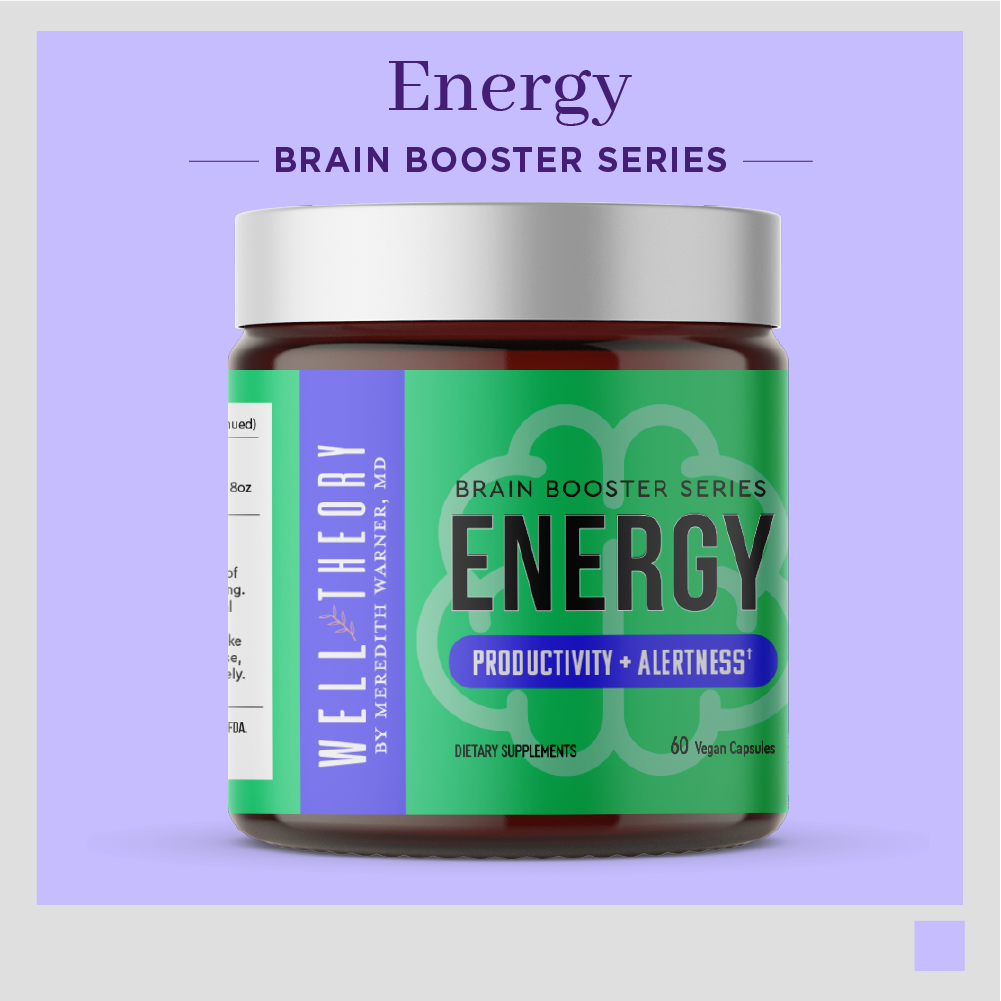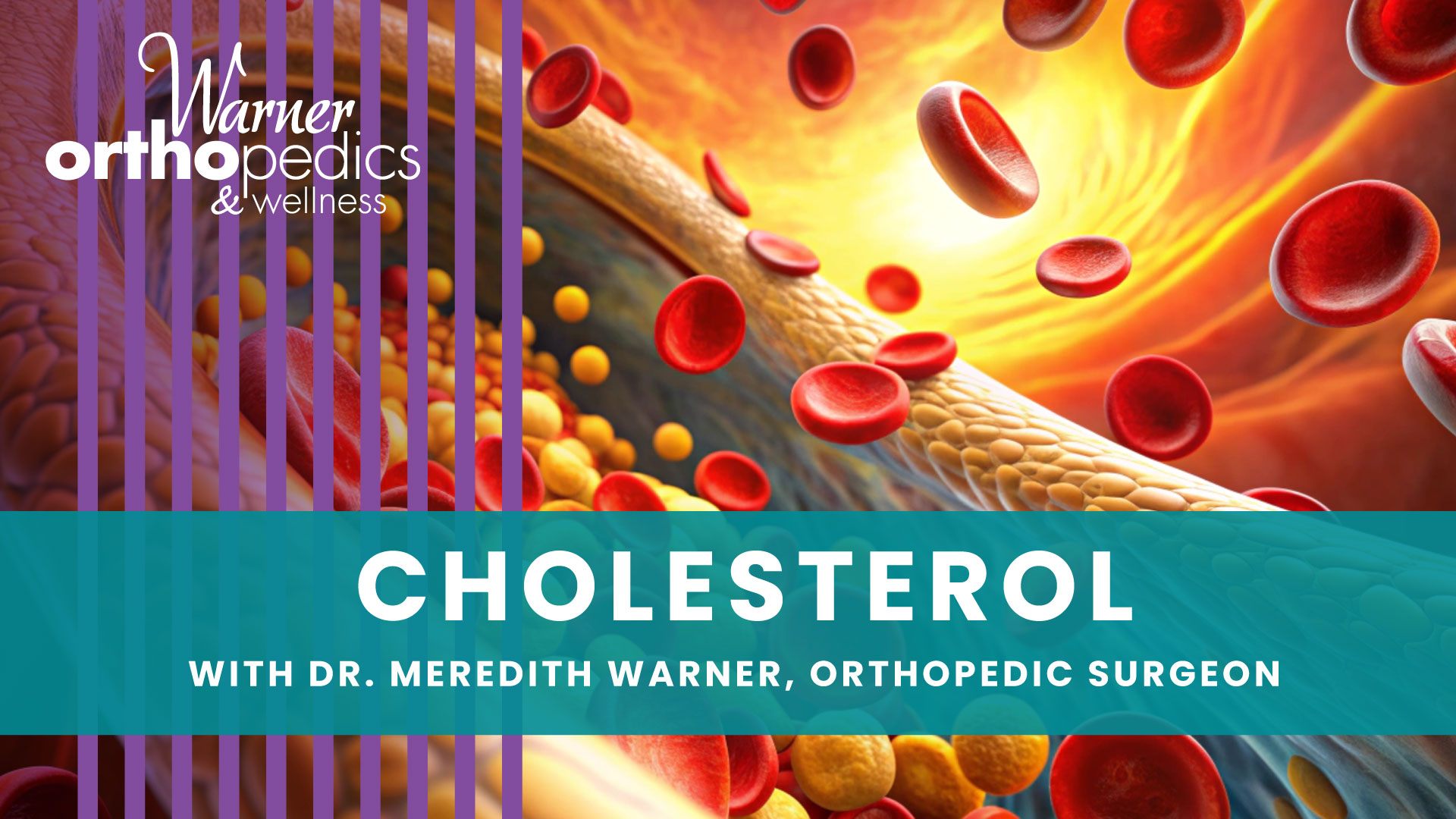Dr. Warner’s Favorite Supplements For Muscle Recovery
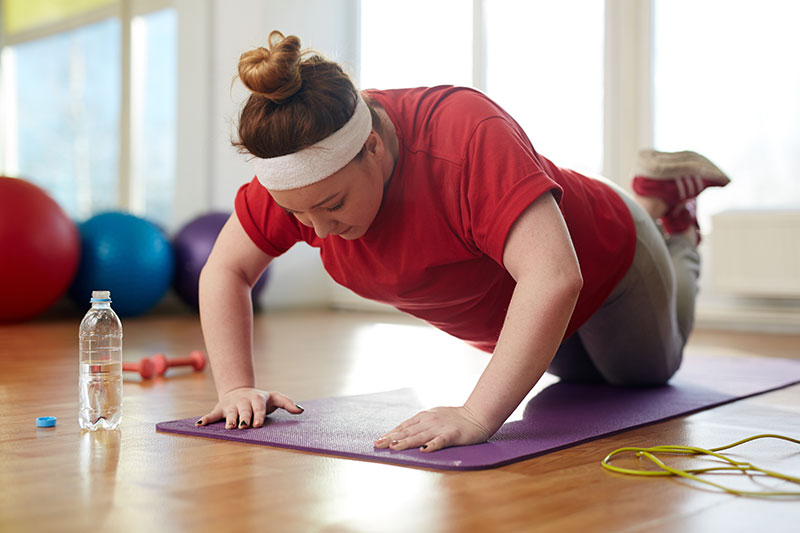
Do you remain tired or sore after workouts? It’s normal to feel a sense of soreness after exercise. However, if you’re feeling mentally or physically fatigued for extended periods of time after a workout, then you’re likely not experiencing good muscle recovery.
Tips For Improving Muscle Recovery
We understand that this fatigue can make it difficult to prepare for the next workout, and establish a good routine. We’d recommend reevaluating how you get ready for a workout, how you workout, and what you do after the session – because every step of the process counts.
These factors can influence muscle recovery:
Nutrition or diet: If you’re not getting the nutrients you need before and after a workout, you’re limiting your recovery potential. Getting adequate protein, carbs and other nutrients is vital for building and maintaining muscle.
Getting proper sleep: You’ll need deep, restful sleep in order to recover. Getting eight hours of sleep a night gives your body time to perform tissue repair and maintenance.
Intensity of workouts: If your workouts are too intense for your ability level, then you might find yourself extremely fatigued or even injured over time. It’s important to ease into an exercise routine, starting where you’re comfortable and slowly building up to more intense workouts. It’s also important to note that doing the same exercise repeatedly can cause your muscles to become exhausted. Try switching it up and give your muscles a rest. That said, there is a lot of science behind different intensities to achieve different goals. You will need to discuss with your personal trainer or physical therapist for better detail.
Stress levels: If your stress levels are too high, your body won’t be able to perform at its best. For some, exercise helps relieve stress, but it may also benefit to do a more relaxing exercise when stress levels are high. Try yoga or tai chi next time and see how you feel after. The mind-body connection is very real. Visualization and really being present in your workout and having a good sense of what muscle is contracting and when is vitally important for good results.

Supplements For Muscle Recovery
As we mentioned before, nutrition is vital in muscle recovery. Below is a list of some of Dr. Warner’s favorite Well Theory supplements for muscle recovery.
Tart Cherry Extract
Tart Cherry Extract is a powerful antioxidant supplement that rivals the anti-inflammatory benefits of NSAIDs. It works in the same way as NSAIDs, but in a much more gentle way, without the negative side effects. The natural flavonoids, anthocyanins, are known to significantly help with muscle soreness after running and other workouts.
CoQ10 Gummies
Well Theory’s CoQ10 Gummies are ideal for post-activity recovery. Packed with natural antioxidants, this supplement boosts mitochondrial function and relieves muscle pain associated with taking statins. CoQ10 is very important for the electron transport chain’s energy production and is a very strong antioxidant that is necessary for performance.
Nervous System Multi
Our Nervous System Multi is packed with pain-relieving, anti-inflammatory ingredients that are great for post-workout recovery. The omega-3 fatty acids in this supplement can reduce inflammation and soreness. PEA is an endogenous fatty acid amide that is part of your endocannabinoid system and can really help to calm down irritated nerve endings and control post-workout pain.
Vitamin K + Olive Oil
Well Theory’s unique Vitamin K + Olive Oil supplement can improve arterial blood flow, increasing blood flow to the muscles, while reducing inflammation and “bad” cholesterol levels. Likewise, it is necessary for proper bone health. The olive oil itself is a highly anti-inflammatory monounsaturated fat. Olive oil alone has been shown to reduce complaints of pain.
Longevity Series
The supplements in our Longevity Series are ideal for improving general wellness. NMN can improve aerobic capacity during exercise, meaning you’re ready for the workout ahead. Berberine helps the body metabolize glucose, increasing insulin sensitivity – helping your body achieve energy homeostasis, while improving all five markers of metabolic health. Resveratrol is a powerful antioxidant and anti-inflammatory that can reduce soreness after exercise. Resveratrol has also been studies with common pain relievers and is a great way to assist in pain reduction from arthritis and muscle soreness.



